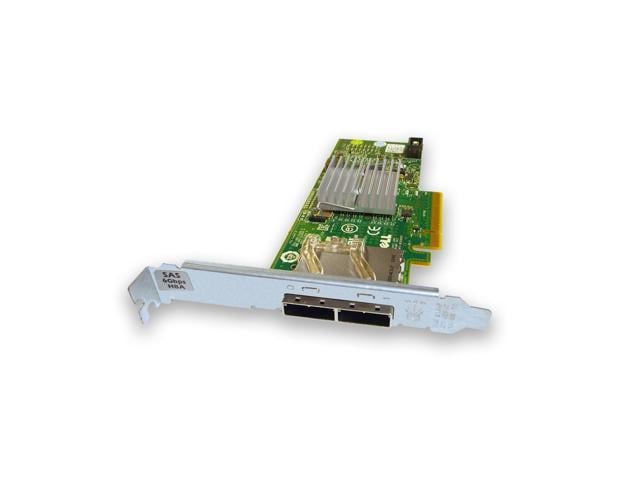Daisuke
Contributor
- Joined
- Jun 23, 2011
- Messages
- 1,041
I have a Dell R720xd running on TrueNAS Scale and I plan to extend the disks storage with a Dell PowerVault. Right now I have a pool of 12 disks managed by a H710 mini flashed to IT mode. What card do I need to purchase, in order to connect a PowerVault MD1200 to the R720xd? I’m not familiar with PowerVault, thank you for your help.

